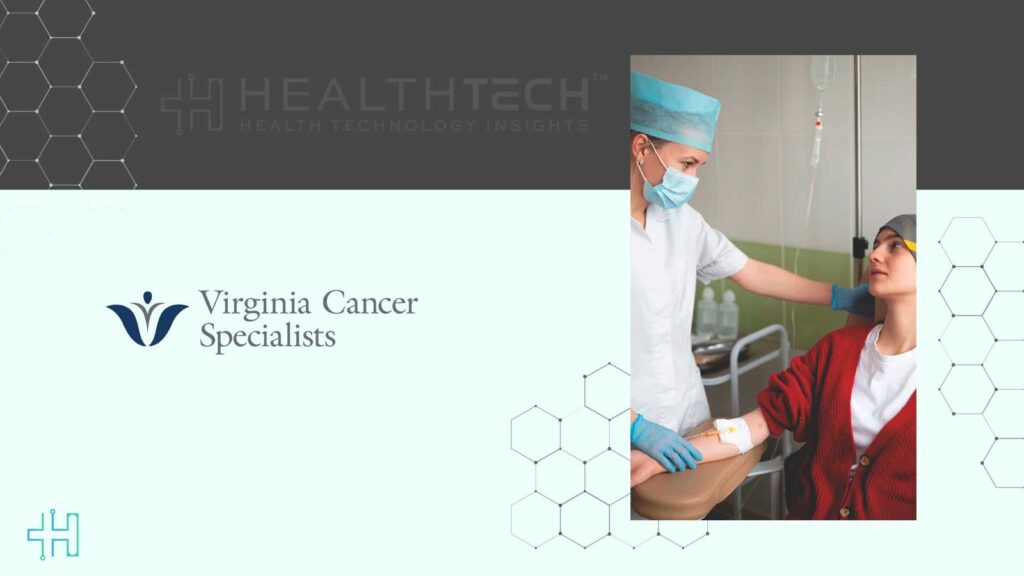Virginia Cancer Specialists offers a comprehensive scope of integrated services aimed at helping patients maintain quality of life throughout their cancer treatment.
Virginia Cancer Specialists, the largest private cancer practice in Northern Virginia, named #1 practice in cancer care and all medical specialties by Castle Connolly in 2024 and 2025, is proud to announce the rebranding and expansion of its former Palliative Care Program – now called Supportive Cancer Care – to deliver more comprehensive, integrated support services to help patients better maintain quality of life throughout the treatment process.
Health Technology Insights: ACA Pharma Secures Fast-track Approval For Eagle Pharmaceuticals’ Ryanodex In Macau
Virginia Cancer Specialists designed this newly enhanced program with 3 key objectives:
1. To Offer Holistic Symptom and Side Effect Management and Personalized, Proactive Support
The Virginia Cancer Specialists Supportive Cancer Care Team provides physician expert-led personalized care to help patients manage cancer-related pain, symptoms, and side effects of treatment, to enhance quality of life, and improve comfort, energy, and day-to-day functioning. Through individualized care plans, by addressing pain, fatigue, nausea, anxiety, and other symptoms, the Supportive Cancer Care Team helps reduce the burden of symptoms and side effects before they escalate in order that patients maintain their independence.
Health Technology Insights: Lustgarten Foundation Appoints Arthur Kuan, MS, to Board of Directors
2. To Provide Seamless Coordination with Oncology Care
The Supportive Cancer Care Team works in close partnership with each patient’s primary oncology team to ensure patients receive coordinated, comprehensive, seamless support that complements their current medical treatment.
Patients have easy access to a team of compassionate experts—palliative medicine physicians, pain management specialists, social workers, nutritionists, nurse navigators, clinical coordinators, research coordinators, financial counselors, and many others who provide guidance, education, and emotional support every step of the way.
3. To Reduce Emergency Visits and Hospitalizations
Through proactive side effect and symptom monitoring and early intervention, supportive care reduces avoidable hospital visits and improves overall treatment adherence. Better treatment adherence leads to better outcomes and peace of mind.
“By addressing the concerns and symptoms that can arise during cancer or cancer treatment proactively, our team aims to improve patients’ quality of life, maintain functional status, support treatment adherence, and help them to thrive,” shared Muhammad Siddiqui, MD, palliative care specialist. “By working together, this team ensures patients receive personalized care that addresses the whole person — not just the cancer.”
“Palliative care is often misunderstood with end-of-life care, but in reality, it’s about supporting patients from the moment of diagnosis,” said Jessica Heintz, MD, FAAHPM. “Our Supportive Cancer Care Program is about helping patients balance the side effects of treatment with day-to-day living, so that they can continue doing the activities that bring them joy with the people with whom they love,” added Heintz.
Health Technology Insights: Rhode Island Creates Rare Disease Advisory Council
To participate in our interviews, please write to our HealthTech Media Room at sudipto@intentamplify.com
Source – PR Newswire





